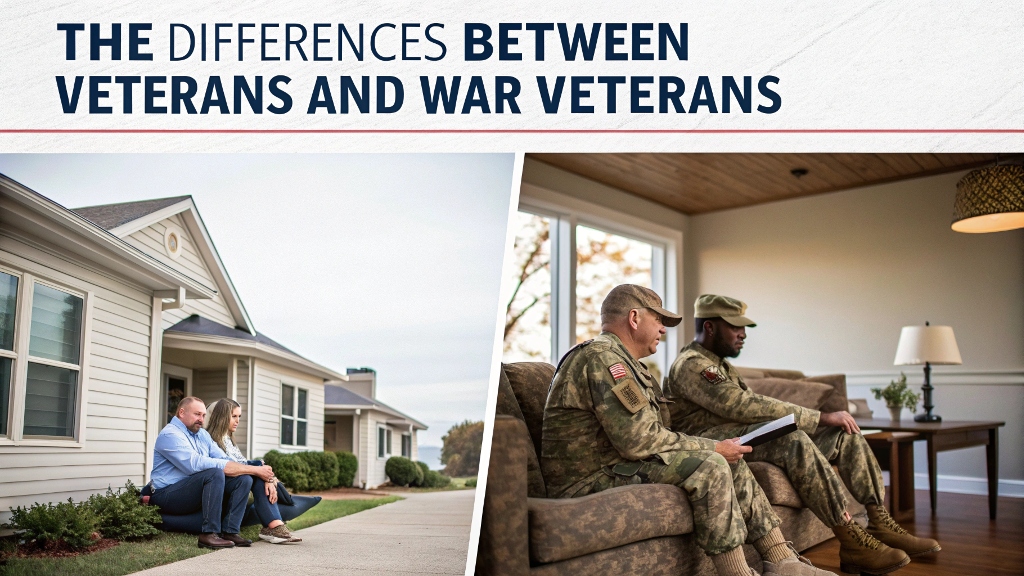This article looks into the key differences between a veteran and a war veteran, examining their respective roles in society and their benefits. We will carefully look at their challenges, exposure and the conditions war veterans should meet to qualify for the war veteran grant and the Grant in Aid in South Africa.
The difference between veterans and war veterans
A veteran is an individual who has served in the armed forces, regardless of whether they were deployed to a war zone or participated in active warfare. The duration of service may vary depending on the country's military policies, but generally, a person qualifies as a veteran after completing a specific term of service in the military, including honourable discharge.
Veterans may have served in different branches of the military, such as the Army, Navy, Air Force, Marines or Coast Guard. Their duties can range from administrative and logistical support to war training and national defence.
While on the other hand war veterans have actively served in a recognized war or armed conflict. These individuals have been deployed to war zones, where they have physically engaged in a war, participated in peacekeeping missions or supported active war operations.
Key Differences Between a Veteran and a War Veteran
Benefits
- Veterans qualify for general veteran benefits
- War veterans qualify for "war veteran grant and additional benefits
Exposure
- Veterans may have not served in war
- War veterans have served in conflicts such as World War I, World War II, the Vietnam War, the Korean war, the Gulf War, the Iraq War, or the War in Afghanistan.
Challenges
War veterans often experience physical and psychological challenges resulting from their service.
Physical Challenges Include:
- Injuries (minor or major)
- Disabilities (amputations)
Psychological Challenges Include:
- Post-Traumatic Stress Disorder
- Depression
Veterans and War Veterans Benefits and Support in South Africa
The veterans and war veterans in South Africa get the following benefits and support from the government:
War Veterans Benefits and Support:
- Housing
- Free access to military health services
- Skill acquisition and education support
- Compensation for injury, trauma and disease
- Burial Support
- Business Support
- Access to War Veteran Grant
- Access to Grant In Aid additional to the war veteran grant
How to check SASSA war veteran status?
To check if your war veteran grant application has been approved in South Africa, you need to call the South African Social Security Agency (SASSA) toll-free number on 0800 601 011 or you can visit your nearest SASSA office to find out about your war veteran grant application status. There are conditions that apply to qualify for the war veteran grant in South Africa and these conditions are:
- The grant is only available to individuals whose financial situation falls below a specific threshold.
- For unmarried war veterans their asset value should not exceed R1 438 800 (a home that you own is not taken into account if you live in it)
- For unmarried war veterans their annual income should not exceed R101 640
- For married war veterans their joint asset value should not exceed R2 877 600
- For married war veterans their joint annual income should not exceed R203 280
Conclusion
While all war veterans are veterans, not all veterans are war veterans. The distinction lies in whether the individual has served in a war zone during a recognized war or conflict. War veterans often experience direct combat, exposure to extreme conditions, and the psychological and physical toll of warfare, while other veterans may have served in peacetime or support roles outside of conflict zones.
Despite their roles, both groups deserve recognition and support for their contributions to national security. Understanding the difference between a veteran and a war veteran helps in appreciating their unique experiences and ensuring that they receive the benefits, support and honours they deserve. By acknowledging their unique experiences, society can foster a culture of gratitude and responsibility toward those who have served.
